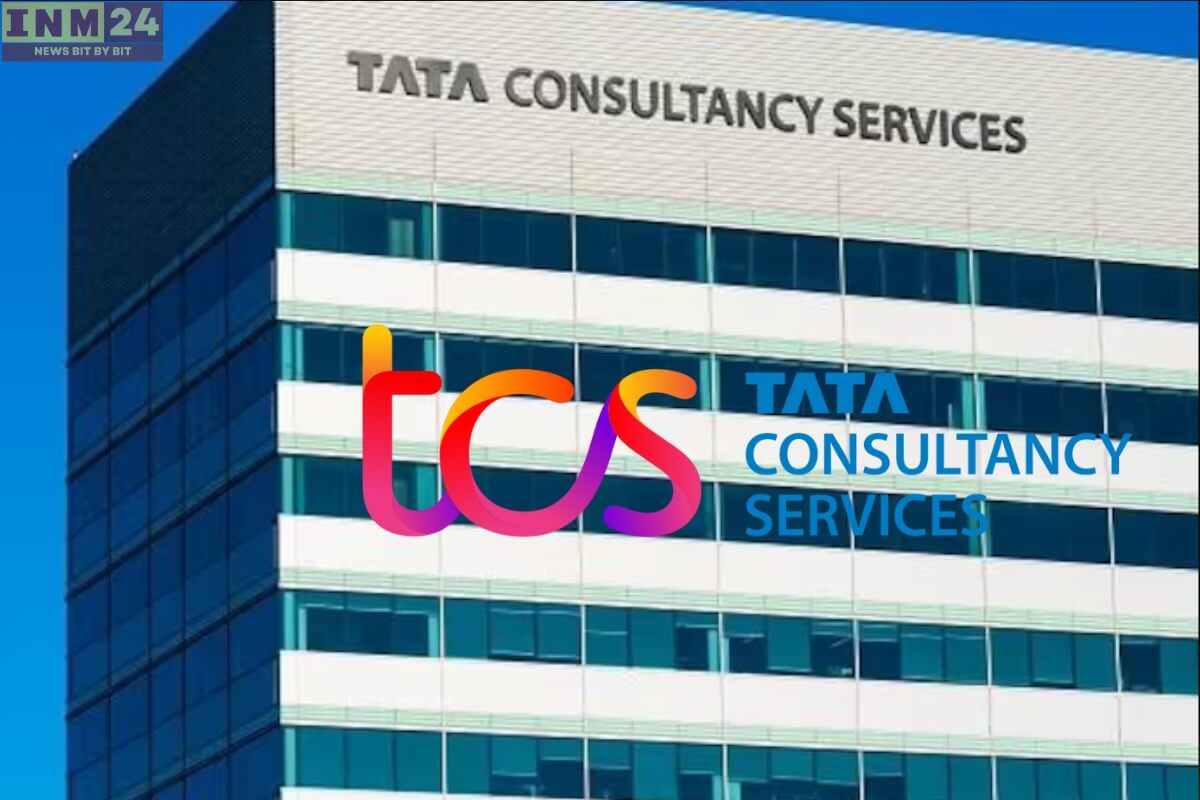In the latest developments at Tata Consultancy Services (TCS), the company has announced its annual salary hike, bringing both anticipation and scrutiny among its workforce. The highlight of this year’s salary revision is the differentiation between offsite and onsite employees. While offsite employees are slated to receive a substantial hike of 7-8%, their onsite counterparts are expected to see a more modest increase of 2-4%. This discrepancy in salary adjustments has sparked discussions and raised questions about the company’s compensation policies and the factors influencing these decisions.
TCS’s Differential Salary Hike: Addressing Offsite Workforce Dynamics
The differential salary hike strategy adopted by TCS reflects the evolving dynamics of the global workforce and the unique challenges faced by both offsite and onsite employees. Offsite employees, who predominantly work remotely or from satellite offices, have become increasingly integral to TCS’s operations, especially amidst the shift towards remote work accelerated by the COVID-19 pandemic. The significant salary hike for offsite employees underscores the company’s recognition of their contributions and the need to retain and motivate this segment of the workforce.
On the other hand, onsite employees, who work directly at client locations or in proximity to project sites, face distinct challenges and considerations. Factors such as client budgets, project requirements, and geographical locations often influence the compensation structures for onsite employees. While the relatively lower salary hike for onsite employees may raise concerns among this group, it is essential to recognize the complexities involved in managing onsite projects and the need for alignment with client expectations.
Beyond the immediate implications for individual employees, TCS’s salary hike decision sheds light on broader trends in the IT industry, particularly in the context of remote work and global delivery models. The pandemic has accelerated the adoption of remote work practices, prompting companies like TCS to rethink their workforce strategies and policies. The differential salary hike for offsite and onsite employees reflects TCS’s efforts to adapt to these changing dynamics while ensuring fairness and competitiveness in its compensation practices.
TCS Prioritizes Talent Retention and Satisfaction with Salary Hike Strategy
Moreover, TCS’s approach to salary hikes highlights the growing importance of talent retention and employee satisfaction in a competitive labor market. With skilled IT professionals in high demand, companies must prioritize employee well-being and incentivize top talent to stay engaged and committed. The differential salary hike strategy serves as a means for TCS to retain its high-performing offsite employees while also addressing the unique needs of its onsite workforce.
However, the differential salary hike approach also raises questions about equity and fairness within the organization. Employees may perceive the disparity in salary adjustments as unjust or discriminatory, leading to potential morale issues and concerns about retention. It is crucial for TCS and other companies adopting similar strategies to communicate transparently with employees and provide rationale behind their compensation decisions to mitigate any potential backlash.
TCS’s salary hike announcement underscores the complexities and considerations involved in managing a diverse and geographically dispersed workforce. While the differentiation between offsite and onsite employees reflects the evolving nature of work in the IT industry, it also poses challenges in maintaining fairness and employee satisfaction. As companies navigate these challenges, transparency, communication, and a focus on employee well-being will be critical in fostering a positive work environment and sustaining organizational success.
